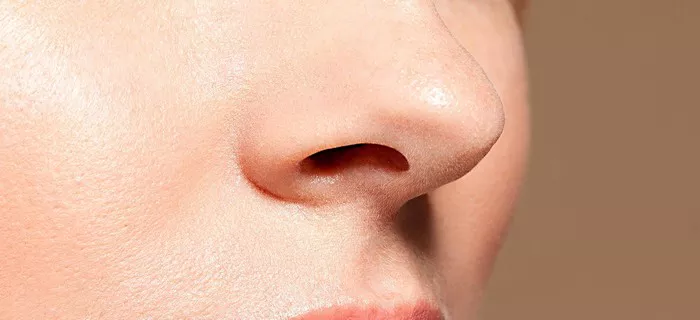Undergoing a rhinoplasty, commonly known as a nose job, is a significant decision that can enhance the shape and structure of your nose. The recovery period following a nose job is crucial for achieving optimal results, and patients are often cautious about activities that may impact their healing process. One common concern is what happens if you sneeze after a nose job. In this article, we will explore the potential effects of sneezing on your post-operative nose and provide insights on how to manage this situation.
Understanding the Healing Process after a Nose Job
Before delving into the impact of sneezing on a nose job, it’s important to understand the healing process. During a rhinoplasty, the nasal bones and cartilage are reshaped to achieve the desired aesthetic and functional outcomes. The tissues around the nose are delicate and sensitive during the initial healing stages, and it’s crucial to take precautions to protect the surgical site.
The Impact of Sneezing
Sneezing involves a sudden and forceful expulsion of air from the nose and mouth. The pressure created during a sneeze can potentially affect the surgical site, leading to complications or unfavorable outcomes. While a single sneeze is unlikely to cause significant damage, repeated or forceful sneezing can pose risks to the healing process.
Potential Risks and Complications
Bleeding
Sneezing can create a sudden surge of pressure within the nasal cavity, potentially leading to bleeding at the surgical site. This can be particularly concerning during the initial stages of healing when the tissues are more vulnerable. If you experience bleeding after sneezing, it’s important to contact your surgeon for guidance.
Displacement of Nasal Structures
Sneezing can potentially displace the nasal structures that were modified during the rhinoplasty. This can impact the symmetry and shape of the nose, leading to suboptimal results. It is crucial to protect the nasal area to avoid any unnecessary movements or disturbances during the healing process.
Delayed Healing
Excessive or forceful sneezing can disrupt the delicate tissues in the nose and delay the healing process. It can cause swelling, increase the risk of infection, and prolong the recovery period. It’s important to follow your surgeon’s instructions regarding activities to avoid during the recovery period to promote proper healing.
Precautions and Tips
While it may be challenging to completely prevent sneezing, there are several precautions and tips you can follow to minimize its impact on your post-operative nose:
Take Care of Nasal Irritation
If you experience nasal congestion or irritation that may trigger sneezing, consult with your surgeon for appropriate measures to manage these symptoms. They may recommend saline nasal sprays or other medications to alleviate nasal discomfort and reduce the likelihood of sneezing.
Avoid Irritants
Minimize exposure to irritants that can trigger sneezing, such as dust, allergens, strong odors, or pollutants. Keeping your environment clean and free from potential triggers can help reduce the frequency of sneezing.
Maintain Proper Hygiene
Practicing good hygiene, such as regular handwashing, can reduce the risk of catching a cold or other respiratory infections that may lead to sneezing. Viral infections can exacerbate sneezing episodes, so it’s important to take precautions to minimize the risk of infection.
Support Your Nose
Gently support your nose during sneezing episodes by using a clean tissue or a soft cloth. This can help absorb the pressure and minimize the impact on the surgical site. However, avoid applying excessive pressure or touching the nose unnecessarily.
Follow Your Surgeon’s Guidelines
Adhere to your surgeon’s post-operative instructions diligently. They will provide specific guidelines on activities to avoid, including actions that may trigger sneezing. Following their recommendations will help ensure a smooth healing process and maximize your chances of achieving the desired results.
Consult Your Surgeon
If you have concerns about sneezing after a nose job or experience any discomfort or complications during the recovery period, it’s essential to reach out to your surgeon. They are the best resource for addressing your specific situation and providing appropriate guidance. Your surgeon can evaluate your progress, assess any potential risks, and recommend the most suitable course of action to protect your results.
Conclusion
While sneezing after a nose job may cause temporary concern, taking precautions and following your surgeon’s instructions can help minimize the impact on your healing process. While a single sneeze is unlikely to cause significant harm, repeated or forceful sneezing can pose risks such as bleeding, displacement of nasal structures, and delayed healing. By practicing proper hygiene, avoiding irritants, and seeking guidance from your surgeon, you can navigate the recovery period safely and optimize your rhinoplasty results. Remember, always consult with your surgeon for personalized advice and care throughout your nose job journey.


